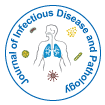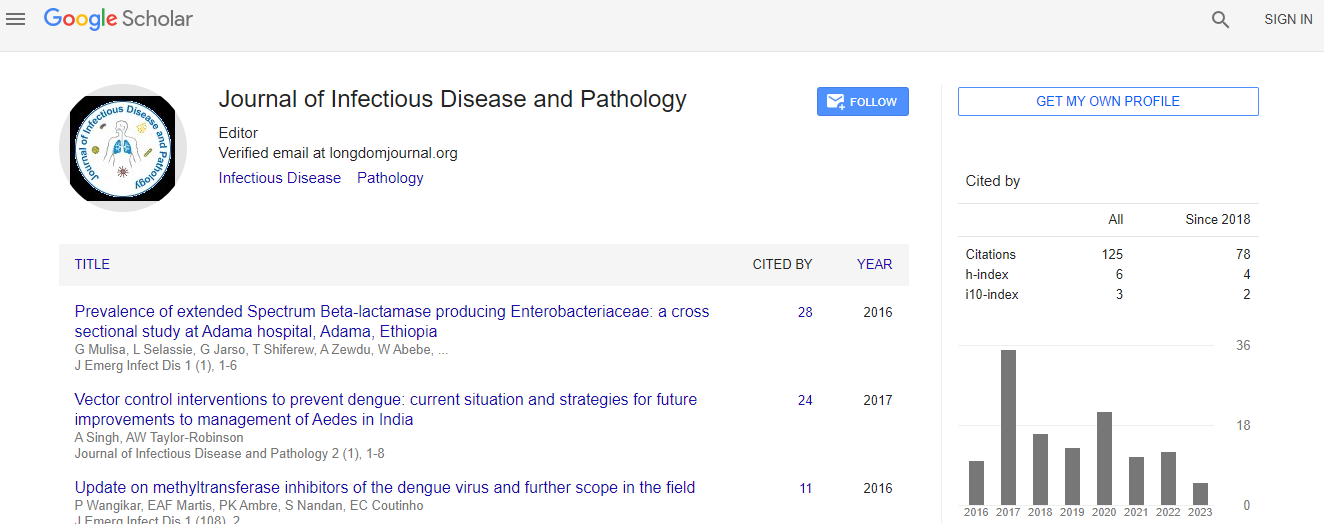Research Article
The Re-Emergence of Whooping Cough in Sfax (Southern Tunisia)
Ben Ayed N1*, Mnif B1, Aloulou H2, Hachicha M2 and Hammami A11Laboratory of Microbiology, Habib Bourguiba University Hospital, Sfax, Tunisia
2Pediatrics Departments, Hedi Chaker University Hospital, Sfax, Tunisia
- *Corresponding Author:
- Ben Ayed N
Laboratory of Microbiology
Habib Bourguiba University Hospital, Sfax, Tunisia
Tel: 00 216 27 764 561
Email: bayednour@yahoo.fr
Received Date: June 24, 2016; Accepted Date: July 11, 2016; Published Date: July 21, 2016
Citation: Ben Ayed N, Mnif B, Aloulou H, Hachicha M, Hammami A (2016) The Re-Emergence of Whooping Cough in Sfax (Southern Tunisia). J Emerg Infect Dis 1:110. doi:10.4172/2472-4998.1000110
Copyright: © 2016 Ben Ayed N, et al. This is an open-access article distributed under the terms of the Creative Commons Attribution License, which permits unrestricted use, distribution, and reproduction in any medium, provided the original author and source are credited.
Abstract
Our purpose was to assess the epidemiological situation of pertussis among infants in the region of Sfax (southern Tunisia). From January 2013 to January 2014, infants consulting for a suspected diagnosis of whooping cough were included in this study. The laboratory diagnosis was based on Bordetella culture and detection of B. pertussis- B. parapertussis DNA by real-time PCR. Household contacts were asked to provide pertussis diagnostic specimens for PCR and serology. One hundred thirty six infants clinically suspected of whooping cough were enrolled. Fifty two infants (38.2%) had a confirmed B. pertussis positive laboratory diagnosis by real-time PCR, whereas, culture was negative in all cases. For household contacts of pertussis positive cases, 8 among 20 parents tested had positive serology among them 2 mothers had also a positive nasopharyngeal Bordetella PCR. Our study confirms that whooping cough remains a public health problem in Tunisia affecting not only infants but also adults.

 Spanish
Spanish  Chinese
Chinese  Russian
Russian  German
German  French
French  Japanese
Japanese  Portuguese
Portuguese  Hindi
Hindi 